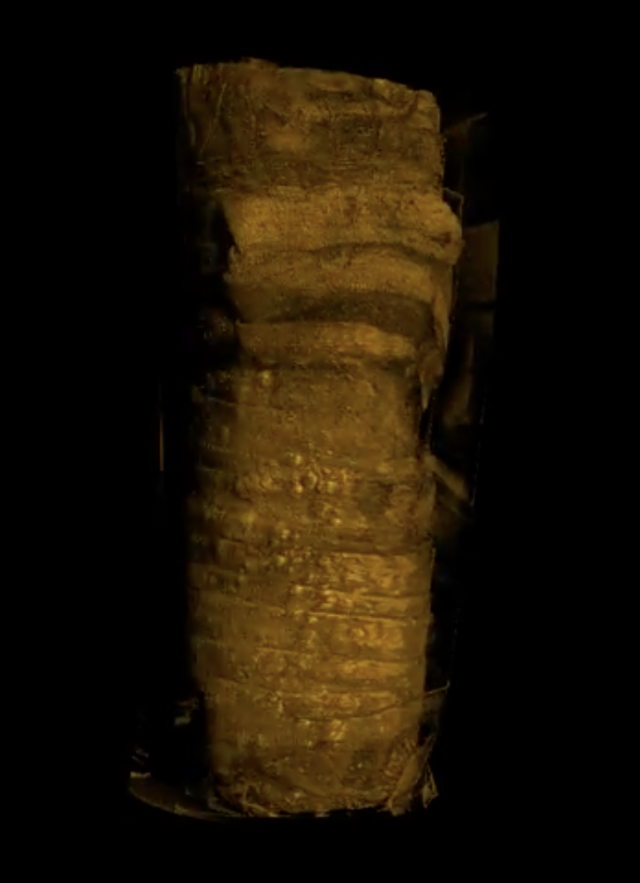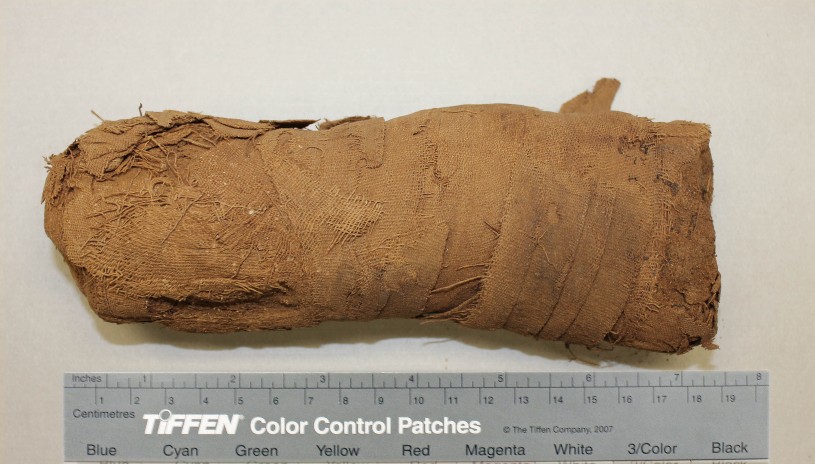The Hart Museum remains closed. Los Angeles County has approved a plan to transfer the William S. Hart Museum and Park from the County to the City of Santa Clarita.
Feline Forensics
Watch this CAT scan solve a museum mystery.

In the 1920s, there was a bit of an Egyptology craze, with one result being a small extant collection within NHM’s larger Anthropology collection. ’That’s probably where we got the bulk of it’, says Chris Coleman, Archaeology Collection Manager.
"We have some bird mummies, and they look like birds...we even have bits of crocodile mummies with their little crocodile heads...but this was a total mystery."
He’s referring to a mysterious bundle discovered while cataloging the ancient Egyptian artifacts. "It looked like it had some kind of bones in it, but we didn’t know what it was." He didn't want to damage the artifact by unwrapping it, so it remained a mystery until Entomology Collection Manager and Scanning Electron Microscope (SEM) expert, Giar-Ann Kung, needed to test some Micro-CT equipment that NHM was thinking of purchasing. Coleman suggested the Egyptian bundle.

The result is this stunning video, and the solution to a minor museum mystery: it’s a mummified cat. Though it’s unclear why only part of the cat was mummified, it is most likely an offering to the Egyptian cat god, Bastet. “They had temples where you could take little cat mummies as offerings, and that’s what we think this is.”
This non-destructive technology is unearthing answers to medical questions, too. Dr. Amy Gusick, our Associate Curator of Anthropology, is working with colleagues at USC and the Memorial Care Heart and Vascular Institute on their study that uses this same technique to identify markers for coronary artery disease in human mummies from ancient Egypt. Many more mysteries to be solved.